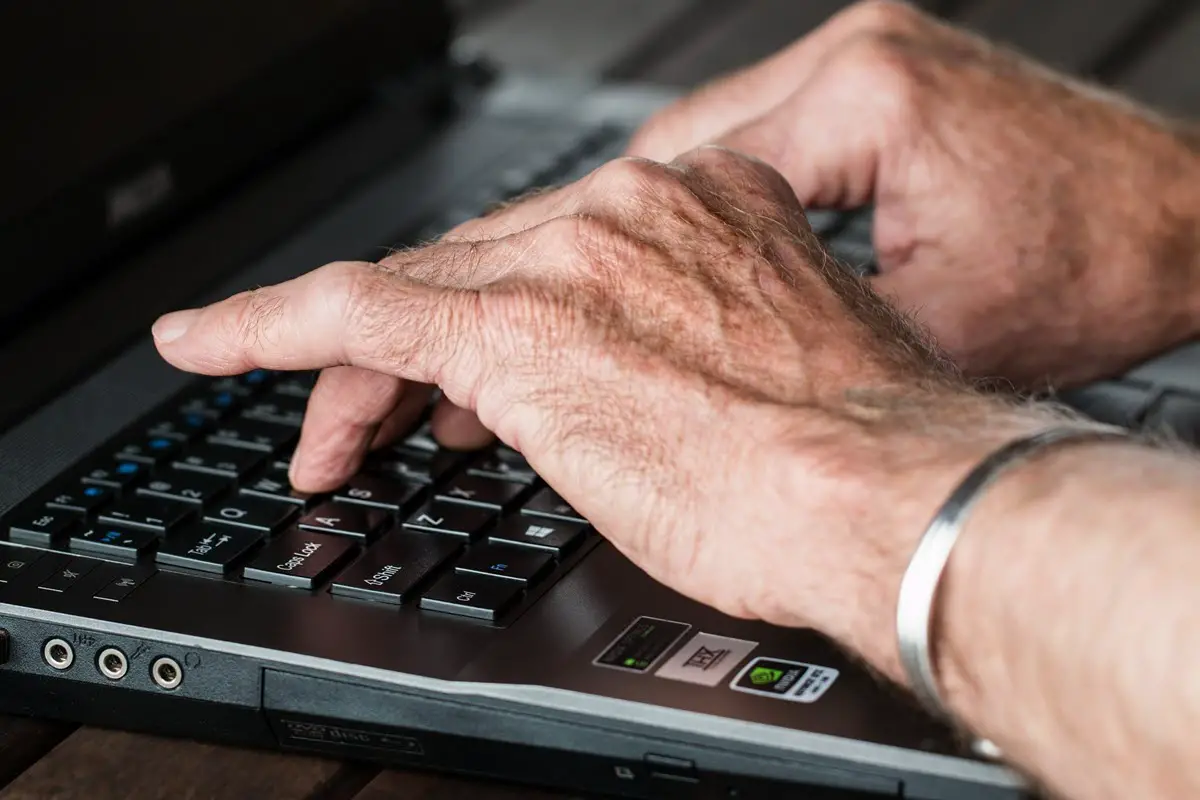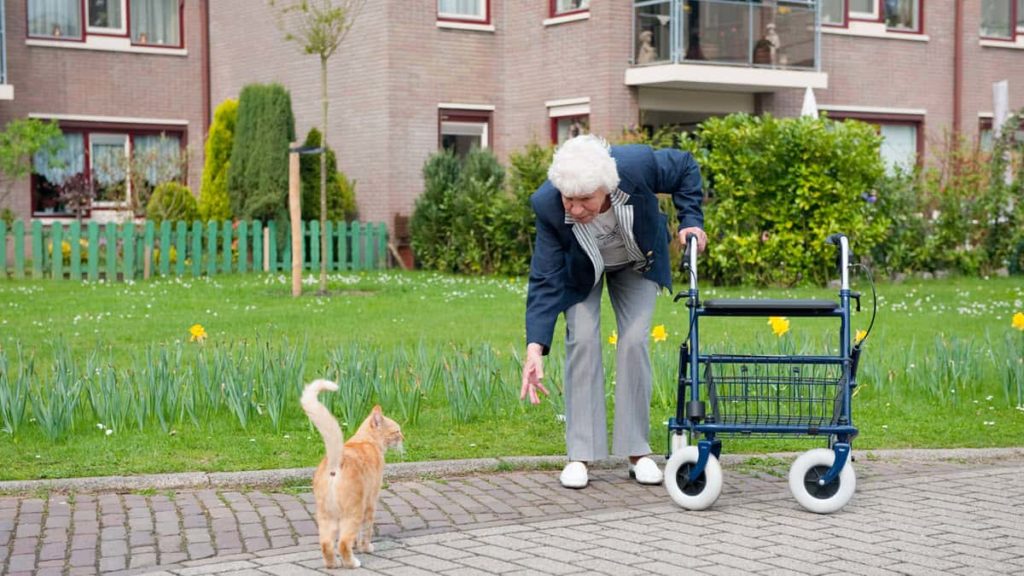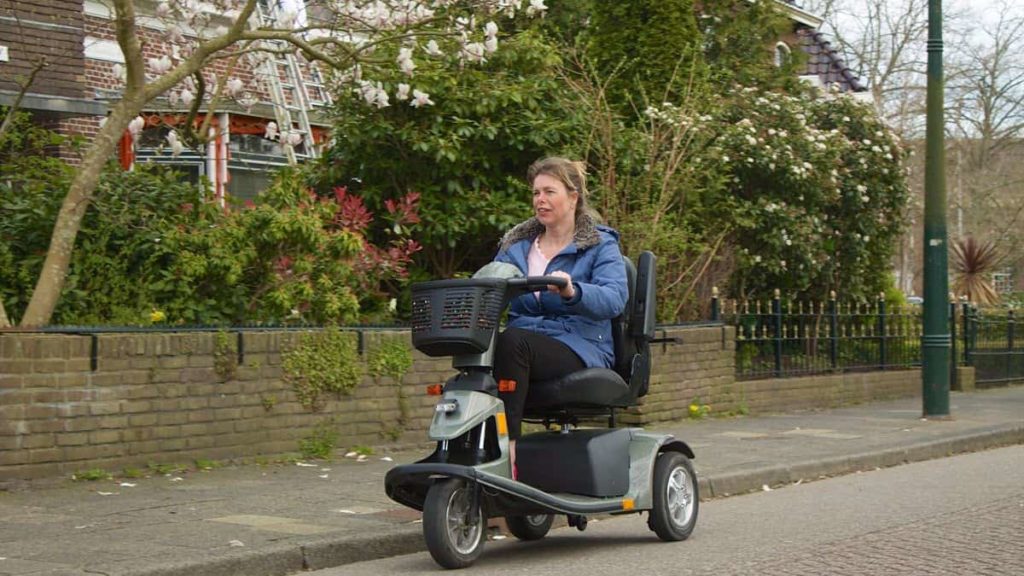8 Tips For Using Email Safely
I am a digital kind of gal, so I have no fear of privacy or protecting myself online, but I know many of my 50-something friends do!
Whether you are worried about privacy breaches on social media or being hacked through your email there are steps you can take to protect yourself. Heck even the big guys can be at risk for email security breaches, so how are we supposed to protect ourselves? Email hacks like this really put customer information at risk which is scary, but let’s review some things you can do to protect yourself from being hacked!
While giving up email for most of us is not an option, the below tips for using your email securely should help minimize any risk.
8 Tips for Using Email Safely
1. Have more than one email address. Use one email address for online shopping, bill paying, and promotional emails. Use another address for your personal communication. That way, if a company that you do business with has its email hacked, the hacker won’t have access to your private correspondence. Gmail, Yahoo, and AOL all provide free email accounts. And many Internet Service Providers let you have multiple email addresses.
2. Be wary of email attachments. Never open attachments from people you don’t know.Viruses and other malware are often spread as email attachments.
3. Never email your passwords, bank account information, social security number, or your date of birth. Reputable companies will never ask you to provide this information via email.
4. Don’t email credit card data. If you really must email credit card information, use separate emails for your credit card number, expiration date, and security code. Don’t broadcast in your subject line that you are sending the information. Information you requested is a safer subject line than Credit card information.
5. Use Bcc (blind carbon copy) when emailing a group of people.To protect your friends’ privacy, put your email address in the To field and all other addresses in the Bcc field. Email recipients will see only their email address, not the addresses for all other group members.
6. Give out your e-mail address judiciously. Think twice beforeyou click yes to “Can we send you promotional materials?” And never say yes to “Would you like to receive offers from our valued partners?”
7. Limit access to your email address.Unsubscribe from newsletters you no longer read and email lists of merchants you no longer do business with.
8. Don’t forward chain emails. They may contain email addresses for dozens–even hundreds–of people you do not know. Many of them contain false information as well. You can usually verify information by searching Snopes.com.
Email spamming and scamming are facts of life. While you can’t stop it, you can make it harder.
Jill believes that life just keeps getting better as she gets older. She believes everyone can live a full life of endless possibilities, with the right mindset, a healthy diet and with exercise.






